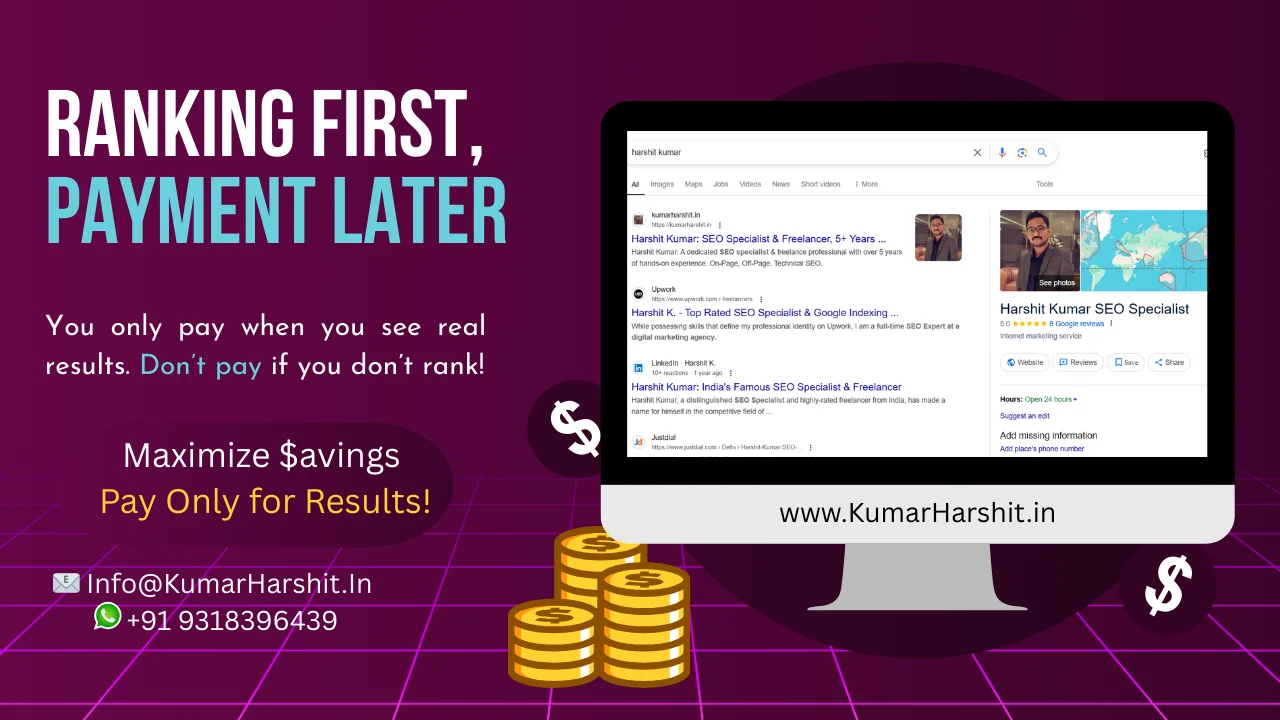Bengaluru, often hailed as India’s Silicon Valley, is not just a hub for startups and IT giants—it’s also the epicenter of innovation in human resource management. With rapid digitalization transforming workplaces, businesses across the city are adopting smarter systems to handle complex workforce challenges. From real-time data insights to cloud-based automation, technology is setting new benchmarks for efficiency and employee satisfaction. Today, the integration of advanced tools like Payroll Software Bangalore and other HR solutions is reshaping how organizations manage, engage, and retain their workforce.
The Digital Evolution of Workforce Management
Over the past decade, Bengaluru’s business landscape has undergone a remarkable shift. As the city continues to attract global enterprises and agile startups, the need for smarter HR management tools has skyrocketed. Traditional HR processes—dependent on paperwork, manual calculations, and repetitive administrative tasks—no longer meet the demands of a modern, fast-paced workplace.
This transformation has given rise to digital platforms that simplify workforce management through automation, analytics, and real-time collaboration. Cloud-based systems have replaced outdated methods, enabling HR teams to streamline everything from payroll processing to performance reviews. These tools empower organizations to focus more on people strategy rather than paperwork.
Automation: The Backbone of Efficiency
One of the most significant advancements in HR technology is automation. HR teams in Bengaluru are leveraging automation to reduce human errors and save valuable time. Tasks like attendance tracking, leave approvals, and benefits management, which once took hours, can now be completed within minutes.
Automation not only minimizes administrative burdens but also ensures compliance with ever-changing labor laws. The system automatically updates statutory deductions, generates payslips, and maintains accurate records—critical features for companies operating in a city known for its competitive job market.
Beyond compliance, automation creates room for strategic HR initiatives. Instead of focusing on manual data entry, HR professionals can now prioritize employee development, well-being, and engagement—key drivers for long-term business success.
Cloud Technology: Driving Accessibility and Collaboration
Cloud-based HR solutions are redefining how companies operate in a hybrid or remote environment. As Bengaluru’s workforce becomes increasingly flexible, organizations need tools that provide accessibility anytime, anywhere. Cloud technology enables seamless communication between employees, HR teams, and management, regardless of their physical location.
With centralized data storage, HR departments can monitor attendance, performance, and payroll in real-time. Cloud integration also ensures data security, a major concern for enterprises managing thousands of employee records. Moreover, scalability allows startups and growing businesses to expand without worrying about infrastructure limitations.
In essence, the cloud has transformed HR management into a more dynamic, collaborative, and transparent process—qualities essential in today’s evolving corporate culture.
Analytics: The Power of Informed Decision-Making
Data analytics has become the backbone of strategic HR management in Bengaluru. By leveraging advanced analytics, organizations can uncover patterns and insights that influence hiring, retention, and productivity. Predictive analytics can identify potential attrition risks, helping HR teams intervene early to retain valuable talent.
Performance analytics also allow leaders to recognize top performers, align goals, and make merit-based decisions. This data-driven approach not only enhances fairness but also boosts employee morale and trust.
Furthermore, analytics tools integrated within HR platforms help measure the effectiveness of training programs and engagement initiatives. By turning raw data into actionable insights, organizations can continuously refine their workforce strategies to stay ahead in a competitive market.
Employee Self-Service: Empowering the Workforce
One of the most employee-centric innovations in HR technology is self-service portals. These systems give employees direct access to their information—attendance, payslips, leave balances, and benefits—without relying on HR intervention.
Such autonomy enhances transparency and builds trust within the organization. Employees can update personal details, request leave, and track their career growth seamlessly. This empowerment contributes to a sense of ownership and accountability, leading to higher engagement and satisfaction levels.
In a city like Bengaluru, where talent mobility is high, giving employees control over their data and career path becomes a strategic advantage for retention.
Integration of AI and Machine Learning in HR
Artificial Intelligence (AI) and Machine Learning (ML) are pushing the boundaries of HR innovation. These technologies are being used in recruitment to screen resumes, match candidates with job roles, and even conduct initial interviews through chatbots.
In performance management, AI can analyze behavioral patterns to provide personalized feedback and identify skill gaps. Machine learning algorithms continuously learn from data, improving their predictive accuracy over time.
For instance, AI-driven sentiment analysis tools can gauge employee morale based on communication patterns, helping HR leaders detect disengagement early. This proactive approach enables organizations to foster a more positive and productive workplace environment.
Payroll Precision and Compliance
Accurate payroll processing remains one of the most crucial elements of employee management. Companies in Bengaluru are embracing automated payroll solutions to ensure precision, compliance, and timely disbursement. These systems eliminate the risk of manual miscalculations, integrate with attendance and tax modules, and generate compliant reports effortlessly.
Moreover, the integration of statutory updates ensures adherence to the latest government regulations, which can often be complex and time-sensitive. This reliability not only reduces financial risk but also enhances employee trust—an invaluable asset in any organization.
Enhancing Employee Experience Through Technology
Modern HR platforms go beyond administrative tasks—they’re designed to enhance the overall employee experience. Tools that offer feedback systems, engagement surveys, and recognition features foster a culture of appreciation and communication.
Gamification features, mobile accessibility, and intuitive dashboards keep employees motivated and informed. This focus on user experience reflects a broader trend: technology isn’t just transforming HR operations; it’s reshaping workplace culture itself.
The Rise of Integrated HR Ecosystems
Businesses in Bengaluru are increasingly seeking unified platforms that combine multiple HR functions into one system. From recruitment and onboarding to performance management and payroll, integration ensures that data flows seamlessly across departments.
This holistic approach eliminates redundancy, improves accuracy, and gives leadership a 360-degree view of organizational health. The adoption of HRMS Software Bangalore exemplifies this trend, offering a centralized solution for managing the entire employee lifecycle with efficiency and ease.
Conclusion: The Future of Employee Management
As technology continues to evolve, Bengaluru stands at the forefront of redefining how businesses manage their people. The shift from manual HR processes to intelligent, automated systems is not just a matter of convenience—it’s a necessity for growth and sustainability.
The future of employee management in India’s tech capital will be driven by innovation, data, and human-centric design. Companies that embrace these advancements will not only optimize operations but also build stronger, more engaged teams ready to meet the challenges of tomorrow’s workplace.



